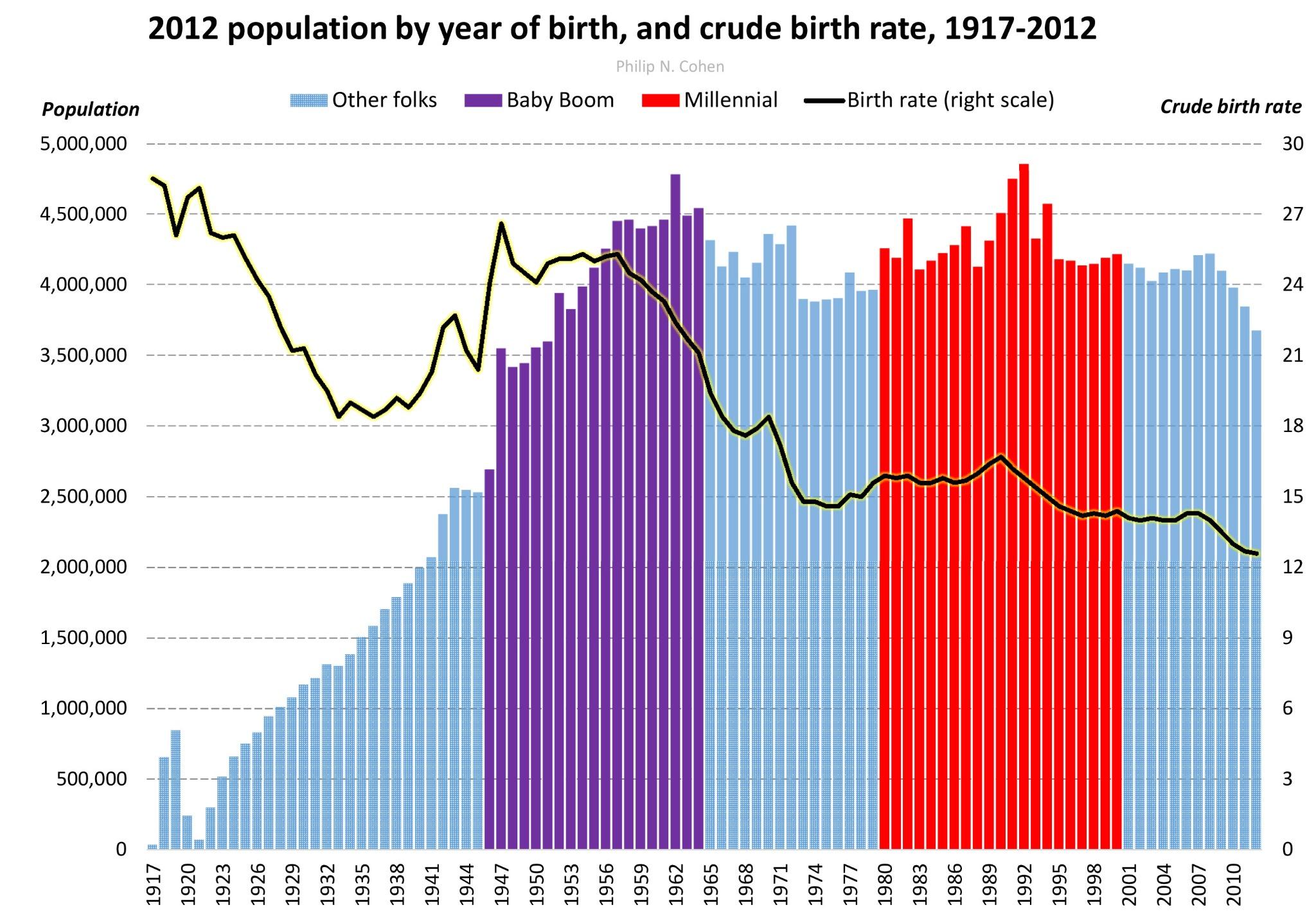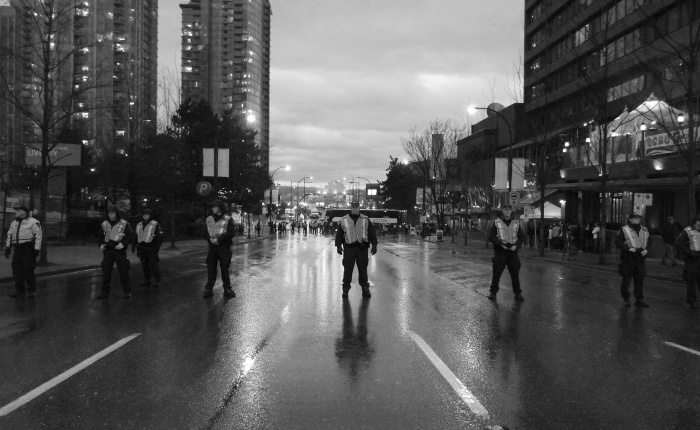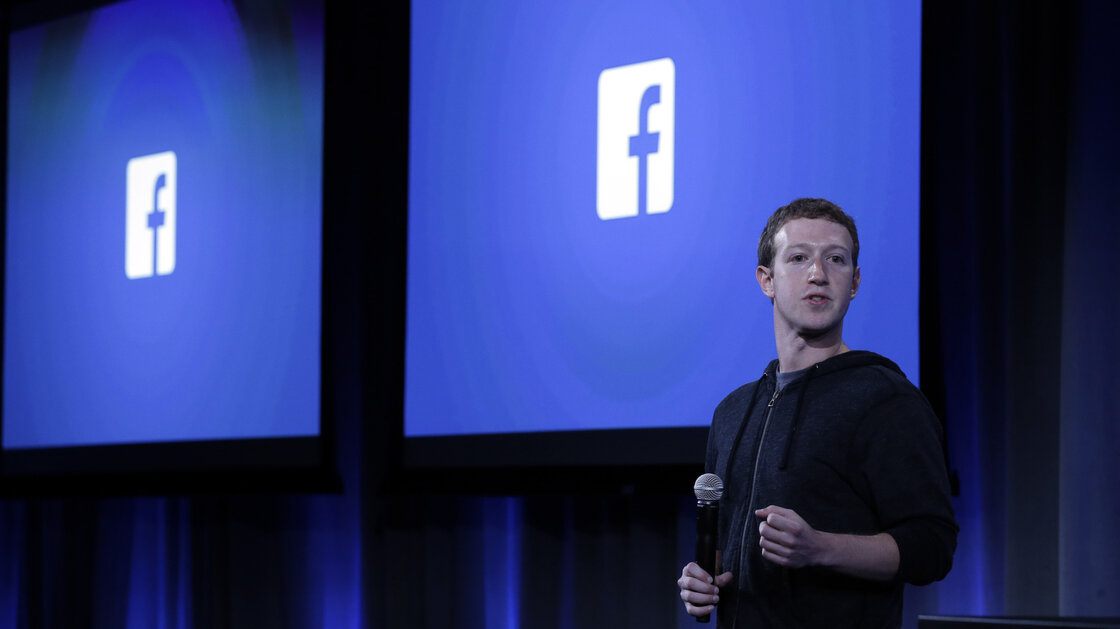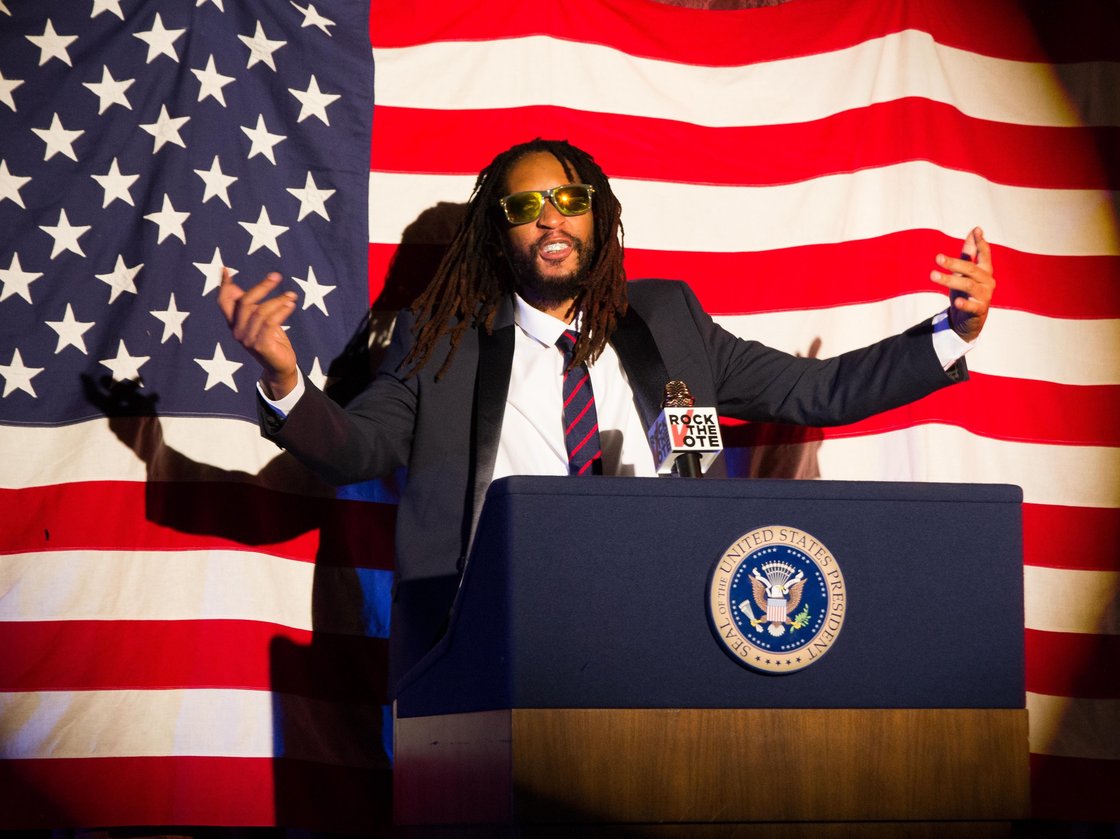Last upadate 2/i8/2015
By 2030, 75% of the American workforce will be comprised of Millennials, or those who reached young adulthood around 2000. That means big changes, particularly in terms of leadership.
A 2014 study found that 78% of Millennials considered themselves leaders amongst their friends and family and 73% aspired to lead the workplace in the next five years. Something has got to give, either corporations are about to become incredibly top-heavy or Millennials are going to have to settle into non-leadership positions.
Amy Wilkinson, author of “The Creator’s Code” and former White House Fellow, thinks the problem is that Millennials aren’t starting their own companies: analysis from The Wall Street Journal found the share of those under the age of 30 who own a private business is at a 24-year low.
“You don’t need an MBA or to wait. It doesn’t take $1 million dollars and it doesn’t take perfect timing,” to start a company says Wilkinson. Millennials need to start small she says– perhaps by working on the side. Wilkinson points to Sara Blakely, the billionaire founder of Spanx, who began her company with only $5,000 by cutting the feet off of stockings as an example.
For those Millennials who aren’t ready to venture out on their own, “being a creator is not necessarily that you have to create a company,” says Wilkinson– creating a new idea at an established company can be just as impactful. She points out Doug Dietz, who worked on MRI machines at GE healthcare. He saw that about 80% of young children had to be sedated before going into the machines and so he created a children’s adventure story within the machine, with sticker decals and scripts for machine operators– with very little funding he was able to bring the number of sedations for MRI machines to nearly zero.
Whether they venture out on their own or try to create within already-established companies, we’ll certainly see a change in workplace structure in the coming years to accommodate a new group of people who strive to lead.
e U.S., people
born between 1980 and 2000
More than 65 percent of first marriages today are between couples already living together. For millennials, cohabitation is almost a rite of passage.
Millennials Navigate The Ups And Downs Of Cohabitation
This story is part of the New Boom series on millennials in America.
If you went to a wedding this summer, there is a better-than-even chance that the happy couple was already living together. Today, more than 65 percent of first marriages start out that way. Fifty years ago, it was closer to 10 percent.
Cohabitation before marriage, once frowned upon, is now almost a rite of passage, especially for the millennial generation. Young adults born after 1980 are more likely to cohabit than any previous generation was at the same stage of life, according to the Pew Research Center. With more than 8 million couples currently cohabiting, it is obviously a living arrangement with appeal — but it is also one with unique challenges.
Claire Noble and Charlie Sharbel are among those who have decided to share the keys to an apartment. They are both 27 years old and have been living together in Washington, D.C., since August.
now outnumber baby boomers, and their numbers are still growing because of immigration. This generation is already shaping American life, and in a series of stories — largely reported by millennials themselves — NPR will explore how this New Boom is transforming the country.
Rock the Vote’s latest video message, starring rapper Lil Jon.
Millennial Voters Are Paying Attention — So Why Don’t More Vote?
For many years, young voters were not expected to really care about politics, much less get involved.
That’s why the group Rock the Vote was started in 1989, relying on music stars like Madonna to engage their young fans. And they’re still at it, with an updated set list.
For a while, it didn’t look like millennials would need much convincing. As more members of this generation reached voting age, participation among young voters rose. The peak year was 2008 (52 percent). In 2012, the turnout among voters 18 to 29 dropped to 45 percent.
On top of that, the rate of voters younger than 30 who could say with certainty that they were registered to vote fell steadily after 2008, according to the Pew Research Center. By 2012, it hit 50 percent — the lowest number Pew has recorded going back as far as 1996.

Why the big drop? It’s not like millennials aren’t paying attention. Some say they’re easily better informed than past generations.
Jacob Bell, a 20-year-old student at the University of Maryland, put it this way: “I can pull up Facebook in front of me and see five different articles about the next Senate race, and that’s something that I know my mom’s generation never had.”
Ashley Spillane, the president of Rock the Vote, says it’s no mystery why millennials, or any voters, would be turned off from the process: “Politics right now is really disheartening. I think it’s why you see in the polls that young people are not affiliating with political parties.”
(The number of millennials who consider themselves independents has shot up to 50 percent, according to Pew.)
But Spillane doesn’t think that means they are apathetic. “They do care very passionately about issues that matter to them,” she says. “They are getting involved at a local level. They are creating startups. They are volunteering with local organizations. They are looking to take problems on in real time and fix them,” she says.
Use the hashtag #newboom to join the conversation on social media.
For Rock the Vote, the challenge is reaching a generation that’s paying attention to politics — but is simultaneously repelled by what they see.
While Guidarini is concerned about a generation of voters turned off by politics as they are forming their political identities, she doesn’t think all hope is lost: “I think that if politics starts to change in a direction that I think all of America wants to see it change — not just young people — then you’ll see young people get back in the game.”
THE GREAT RESET OF OUR GLOBE BEGINS IN YOUR CITIES AND COMMUNITIES
How High Is the City, How Deep Is Our Love


A man dressed as John Lennon holds a sign at the “Move Your Money” protest in Los Angeles. He and others protested bank fees and pushed for “good jobs,” a common theme at protests seen nationwide as part of the Occupy Wall Street movement and the growing frustration among the Millenial generation.
Today, only 55 percent of people ages 16 to 29 have a job — the lowest percentage since World War II. A quarter of people between ages 25 and 34 are living with their parents, and new numbers out this week say people under 35 are worth 68 percent less than they were 25 years ago.
In a recent cover story for New York magazine, blogger Noreen Malone wrote about what it’s like to be a 20-something in “what looks like a contracting world right now.”
Malone has been blogging about the Occupy Wall Street protests, and it was partly those demonstrations that got her thinking about the anxiety people her age feel. In writing her article, Malone says, she heard story after story of young people taking out extra college loans and graduating with mountains of debt and no job.
“A lot of stories like that, where people have delayed their lives,” Malone says.
There have, of course, been other generations that have graduated into bleak job markets. Malone says she got a lot of feedback from members of Generation X who said their recession, in the ’90s, was just as bad. One man told her young people today should quit their whining.
“This is not the first recession; I know that,” she says. “[But] this is the first recession where people have taken on so much crushing student debt to go to college … it’s actually a big deal if you can’t find a job because your loans will go into deferment. You’ll get a terrible credit score that will haunt you for the rest of your life.”
‘A Raw Deal’
For the first time ever, there is now more student debt than credit card debt in America — to the tune of $829 billion in student loans. The average college student today has $24,000 in student debt, and many are without jobs they feel their degree had guaranteed.
“In the end, I think they did get a raw deal,” says Tony Carnevale, director of the Georgetown Center on Education and the Workforce. “There’s a temptation to say to these young people, ‘Grow up and face reality’ and all the rest of that. But the bottom line is [that] we don’t help them much.”
It was Carnevale’s research that ranked the actuary field as one of the most employable fields in the country, making Loftin pretty rare.
“In many cases, the most popular majors pay the least and have the highest unemployment rate,” Carnevale says. “Occupations or the majors that provide the most employment security and earnings tend to be those with some technical aspect to them.”
move away from the technical majors and toward the softer and more qualitative ones.
“I think people simply don’t think about this much until the day comes where they have to deal with the labor market,” he says. “And the labor market is very unforgiving.”
The Paradox Of Choice
Barry Schwartz, a psychologist at Swarthmore College, says he became interested in the seemingly limitless choices we have and the expectations that come with those choices while shopping for jeans one day. After trying on every style of jeans available, he says, walked out with the perfect fitting pair — yet he felt worse.
“When we live in a world of essentially limitless options our expectations about how good the option we end up with go through the ceiling,” Schwartz says. “So you get something that’s great, but it’s not perfect, so you feel like you’ve failed.”
Those high expectations instilled by parents and teachers do not quite catch up to reality, Schwartz says. “Those days are gone.”
What Schwartz says he tries to tell his students is that a good job is good enough; they don’t need to have the best job.
“If they can go through their lives looking for and appreciating what’s good in their friendships, in their romantic relationships and in their work — even if their work is more modest than it would have been 10 years ago — they can live an incredibly satisfying life that way,” he says.
Why You Should Start Taking Millennials Seriously

This 30-year-old millennial helped found — and now runs — Facebook. His net worth is estimated at more than $33 billion.
In the U.S., people born between 1980 and 2000 now outnumber baby boomers, and their numbers are still growing because of immigration. This generation is already shaping American life, and in a series of stories — largely reported by millennials themselves — NPR will explore how this New Boom is transforming the country.
There are more millennials in America right now than baby boomers — more than 80 million of us.
And I’m gonna go ahead and guess that if you’re not a millennial, you kind of hate us.
We seem so lazy, so entitled. We still live with our parents. We love our selfies and we’re always talking about ourselves.
But, here’s my case: Millennials have already shaped your life.
The Millennial World
Let me start with those little screens we’re always on: Millennials aren’t simply users of social media. We invented it.
Mark Zuckerberg, along with the inventors of Instagram and Tumblr and Snapchat, are all millennials and all millionaires. Oh, actually, Zuckerberg is worth billions.
Millennials were there first. We picked it out and showed everybody else how to use it.
These tools have also transformed some of the most importantstories in the news.
So we’re all already living in a millennial world. It’s connected. It’s open.
And it’s diverse.
“Forty-three percent of millennials are nonwhite,” says Eileen Patten, a research analyst at the Pew Research Center (and a millennial herself). “When we look at older generations — boomers and silents — less than 3 in 10 were nonwhite.”
Because millennials look different en masse than generations past, the future is going to look different too. They’ve already led the country to massive shifts in opinion on social issues over the past decade.
“They’ve led the way in terms of same-sex marriage and marijuana legalization — majorities favor both,” Patten says. “They support granting citizenship to unauthorized immigrants — about half do — compared with lower shares among the older generations.”
As a whole, millennials are progressive and accepting. And for all you’ve heard about crippling student debt, high unemployment, “failure to launch” — we’re hopeful.
“[Millennials] are optimistic about their financial futures,” Patten says.
Try Something Else
Kyla Marrkand, 17, is a millennial on the younger end of the spectrum.
Selena Simmons-Duffin/NPR
The recession hit when many millennials were at the launch point of their careers.
One of them was Ryan Koo. He got a bachelor of arts studying film in 2003, and got a job working at MTV in New York City. “I got laid off along with 700 other people on the same day at the end of 2008,” he says.
So he moved home to Durham, N.C., and tried something else.
“I started No Film School just as a personal blog,” Koo says. “My startup costs were like $600 I think.”
Today the ads pay his New York rent. He raised $125,000 on Kickstarter for his first feature film and got grants from more old-school places like Tribeca and Sundance.
Koo is one of many millennials who feel like they can make something happen for themselves.
“Thirty-two percent say they currently earn enough to lead the kind of life they want. And 53 percent say they don’t, but they think they will in the future,” Patten says.
That includes the millions of millennials who are still in school, including Kyla Marrkand. She’s a high school senior at Bell Multicultural High School in Washington, D.C. She knows all about the tough economy and she’s realistic, but she believes it’s going to go well for her.
“Everybody doesn’t have the drive,” she says. “I have the drive.”
The New Boom
We millennials have drive. We are optimistic.
There are more than 80 million of us.
Which is why the millennials at NPR are reporting on our own generation for a series we’re calling #NewBoom.
We won’t be rehashing stereotypes. We won’t be dismissive or flip. Because if we — millennials and nonmillennials alike — are going to understand the future of the country, we need to understand this generation.
Millennials have already steered the country to a place where diplomats tweet, gay marriage is turning mainstream, and running a blog can be more financially secure than a company gig.
If we’ve done all that before 35, get ready.



